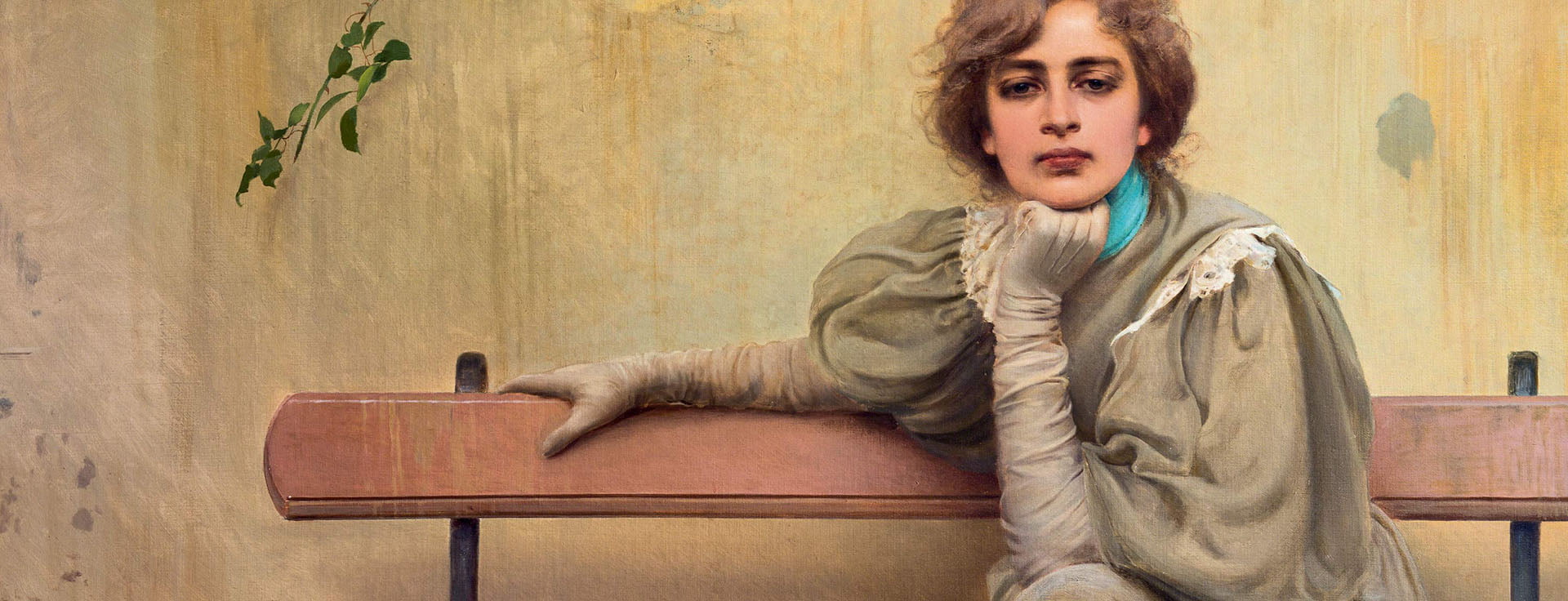Grandes dames de Rome
Our Hotel Alpi is a female hotel, we have reached the third generation of women in the management of our Boutique Hotel a stone’s throw from Termini station. Precisely for this reason, in celebrating World Women’s Day, we want to make our small contribution to the area that belongs to us most, that of Rome and its history. This is because in some way, as hoteliers, we feel also ambassadors of our city in the world.
The history of Rome is dotted with great women who have marked the life of the city and in some way Western culture. Skilled, passionate, some cruel and ambitious, powerful, you could read about their adventures for years on end. Here we want to remember just a few, among the brightest and most fascinating, women who have left their mark in Rome.
Livia (Drusilla) – 58 BC – 29 AD
Let’s start with an important woman, the first Empress of Rome, or rather Augusta: Livia. She was very intelligent and witty, she was also very ambitious, so much so that she divorced her first husband and married Ottaviano. Her marriage to the emperor, Caesar’s adopted son, also united the two most powerful families in Rome, the gens Giulia (Caesar’s) and the gens Claudia. It is said that there was a relationship between the two even before the marriage and that Livia’s house, on the Palatine, was connected by a tunnel to that of Augustus, a short distance away. It was a long and loving marriage. She had achieved, even as Octavian’s wife, honors never experienced before, including the Sacrosantitas, anyone who had offended or damaged her could even have been executed.
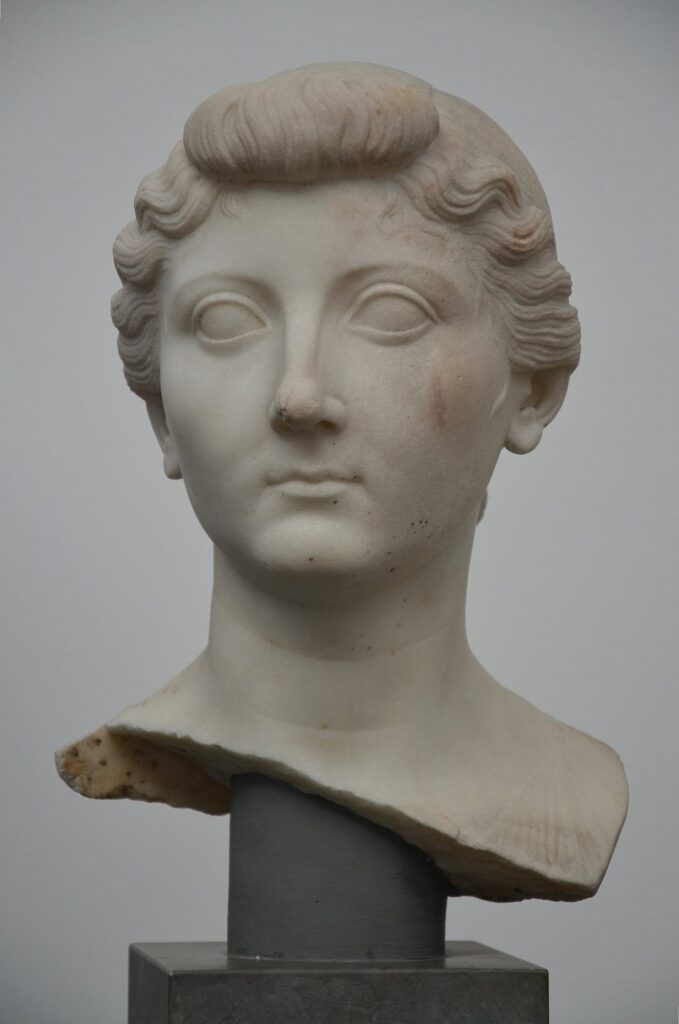
Messalina (Valeria Messalina 25d.c. 48 d.c.)
Even today, 2000 years later, in Rome her name, Messalina, is synonymous with lust and cunning. She was beautiful and very educated, she also had the reputation of being « vicious », which is why she deserved the nickname « Meretrix Augusta ». Her brother, Caligula, forced her to marry Claudius who became emperor two years after her marriage. She had two children with Claudius, Claudia Ottavia and Britannicus, who gave her the name Great Britain. During the reign of Claudius, Messalina became the female symbol of the three deadly sins: Lust, Cruelty and Greed. Following her last great betrayal towards her husband the Emperor, Messalina was killed on his orders. 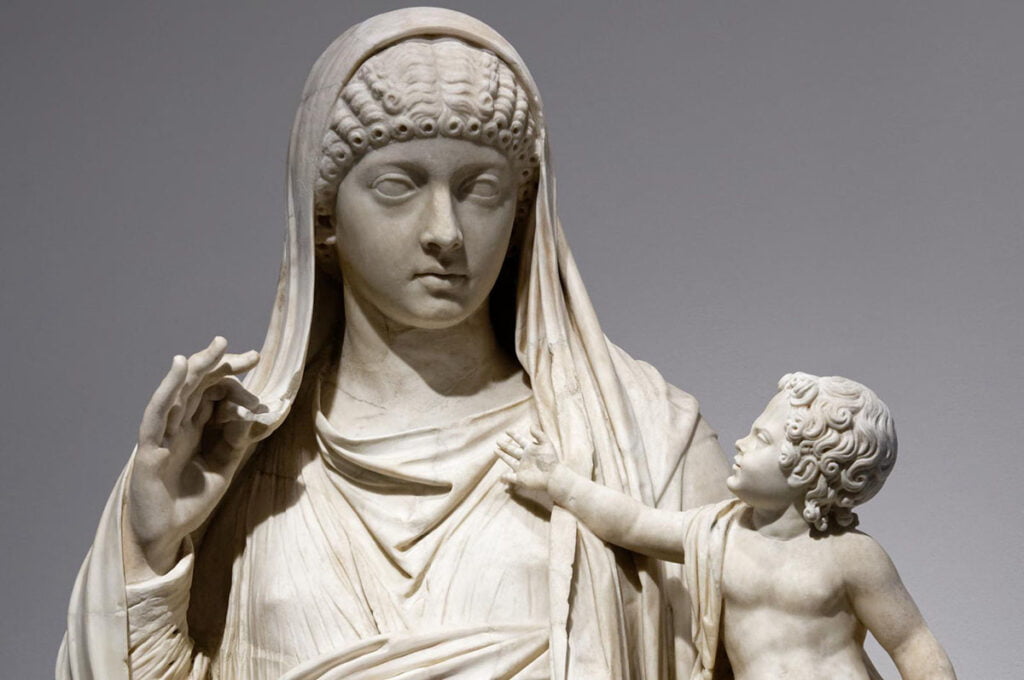
Agrippina (Minor 15 AD 59 AD)
Ambitious and powerful, Agrippina was a central figure in Roman political life during the 1st century AD. After an unhappy first marriage, which gave her son Nero, she Agrippina married Claudius, becoming one of the most powerful women in Rome. Charismatic and shrewd, she managed to conquer the Roman Senate, and later, thanks to her intelligence, she became Augusta with marriage. She also managed to have Claudio adopt her son Nero, with whom she had a very close relationship. YES it is said about her that it was she who guided her son who had just become emperor, until, after Nero’s marriage to Poppea Sabina, she was removed from the palaces and finally murdered, precisely on the orders of her son. & Nbsp;
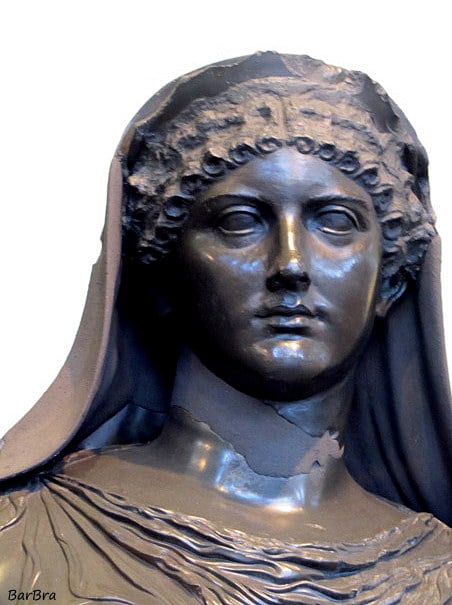
Messaline (Valeria Messalina 25d.c. 48d.c.)
Aujourd’hui encore, 2000 ans plus tard, à Rome, son nom, Messaline, est synonyme de luxure et de ruse. Elle était belle et très instruite, elle avait aussi la réputation d’être « vicieuse », c’est pourquoi elle méritait le surnom de « Meretrix Augusta ». Son frère, Caligula, la força à épouser Claude qui devint empereur deux ans après son mariage. Elle a eu deux enfants avec Claudius, Claudia Ottavia et Britannicus, qui lui ont donné le nom de Grande-Bretagne. Sous le règne de Claude, Messaline est devenue le symbole féminin des trois péchés capitaux : la luxure, la cruauté et l’avidité. Suite à sa dernière grande trahison envers son mari l’Empereur, Messaline fut tuée sur ses ordres.

Agrippine (15 mineur 59 après JC)
Ambitive et puissante, Agrippine était une figure centrale de la vie politique romaine au 1er siècle après JC. Après un premier mariage malheureux, qui lui donna un fils Néron, Agrippine épousa Claude, devenant ainsi l’une des femmes les plus puissantes de Rome. Charismatique et astucieuse, elle réussit à conquérir le Sénat romain et plus tard, grâce à son intelligence, elle devint Augusta par mariage. Elle a également réussi à faire adopter par Claudio son fils Nero, avec qui elle entretenait une relation très étroite. OUI on dit d’elle que c’est elle qui guida son fils qui venait de devenir empereur, jusqu’à ce que, après le mariage de Néron avec Poppée Sabine, elle fut expulsée des palais et finalement assassinée, précisément sur ordre de son fils. & Nbsp;

Artemisia Gentileschi 1593 – 1656
Femme courageuse, l’histoire d’Artemisia ressemble à celle d’une femme d’aujourd’hui. Dotée d’un grand talent pour la peinture, son père la fit suivre par un célèbre peintre de l’époque, on parle du début des années 1600. Cependant, après avoir tenté d’avoir une relation avec elle, il la viola, plongeant Artemisia dans le désespoir et, à la suite d’un long et célèbre procès, la déshonorant. Bien que l’histoire soit désormais tombée dans le domaine public, Artemisia a réussi à ne jamais perdre sa dignité et à reconstruire sa vie une fois le procès terminé, sans pratiquement rien faire pour le violeur. Artemisia a refait sa vie à Florence, où elle a fréquenté la cour des Médicis et s’est liée d’amitié avec Galileo Galilei et Michelangelo Buonarroti il Giovani, neveu du célèbre Michel-Ange. En 1616, elle fut admise à l’Accademia del Disegno de Florence, où elle resta inscrite jusqu’en 1620. 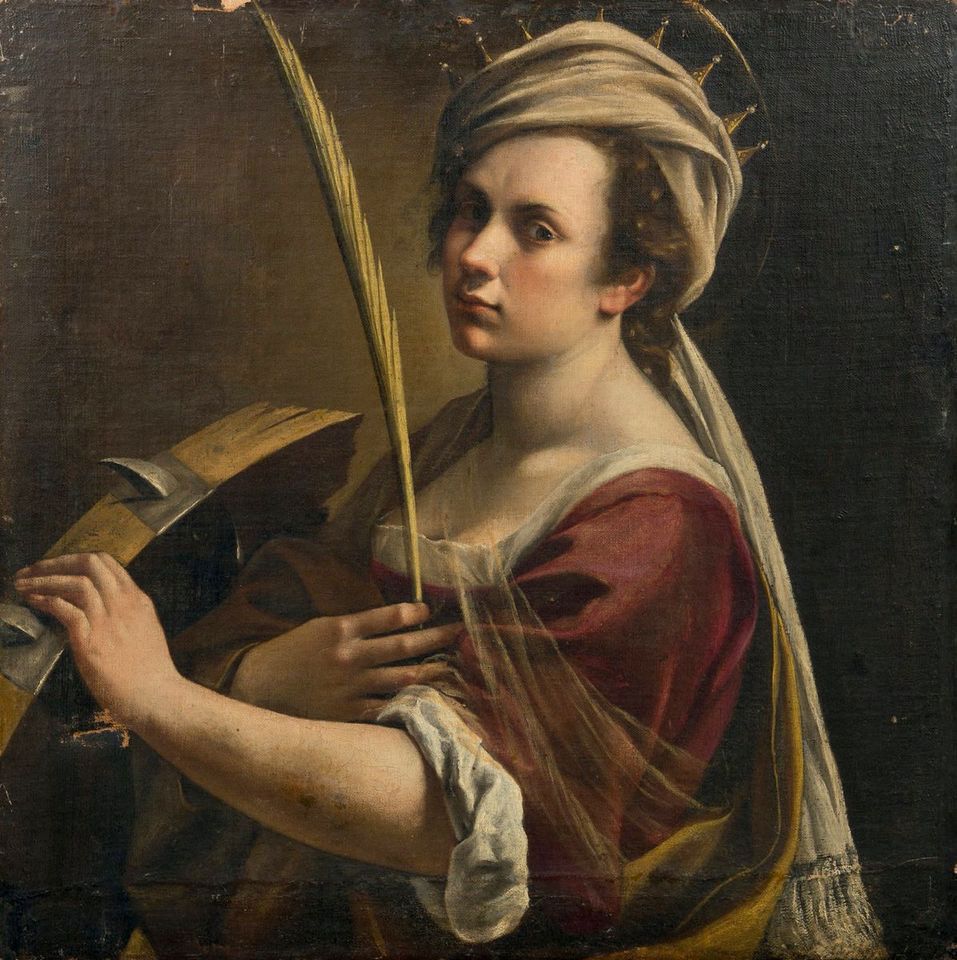
Sainte Francesca Romana – Francesca Bussa de’ Leoni
elle Née en 1384 à Rome, elle épousa Lorenzo de’ Ponziani et mena une vie pieuse. Après la mort de son mari, elle fonde la congrégation des Oblats de Marie, vouée au soin des malades. Elle a eu des visions mystiques et a consacré sa vie à la prière et à aider les autres. Elle est vénérée comme sainte par l’Église catholique pour sa charité et sa spiritualité. Elle mourut en 1440 et fut canonisée en 1608. Aujourd’hui encore à Rome, le nom de Francesca Romana est très courant, signe que la ville n’a jamais oublié les bonnes œuvres que la femme et, plus tard, la sainte, ont accomplies à Rome. < /P>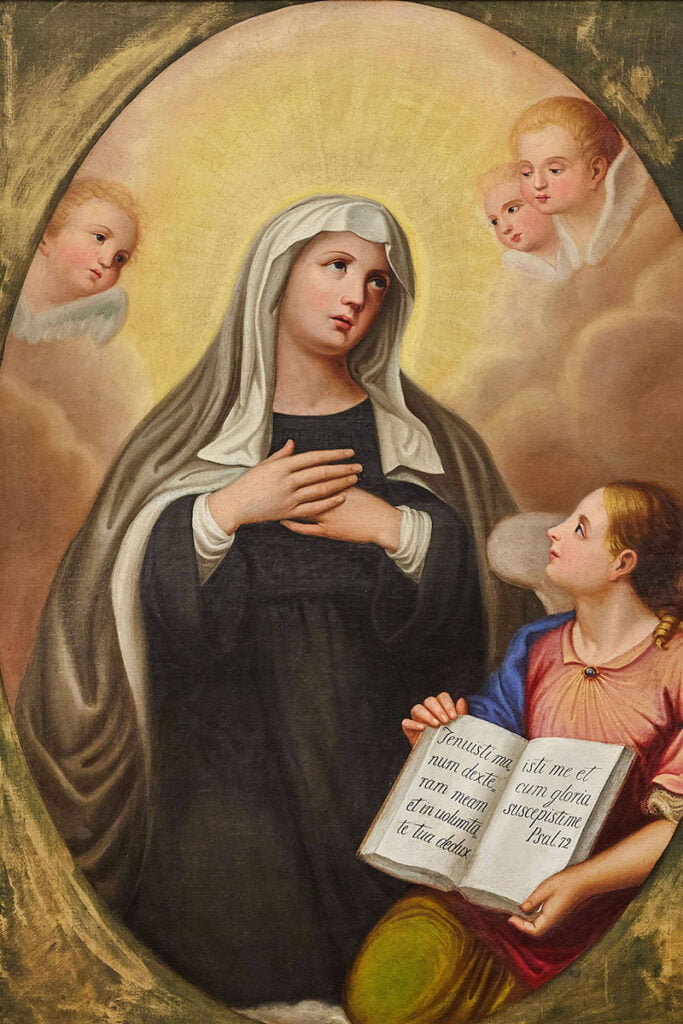
C’est l’hommage de l’Hôtel Alpi à certaines des femmes les plus importantes de Rome, à l’occasion de la journée qui célèbre les femmes du monde entier.
